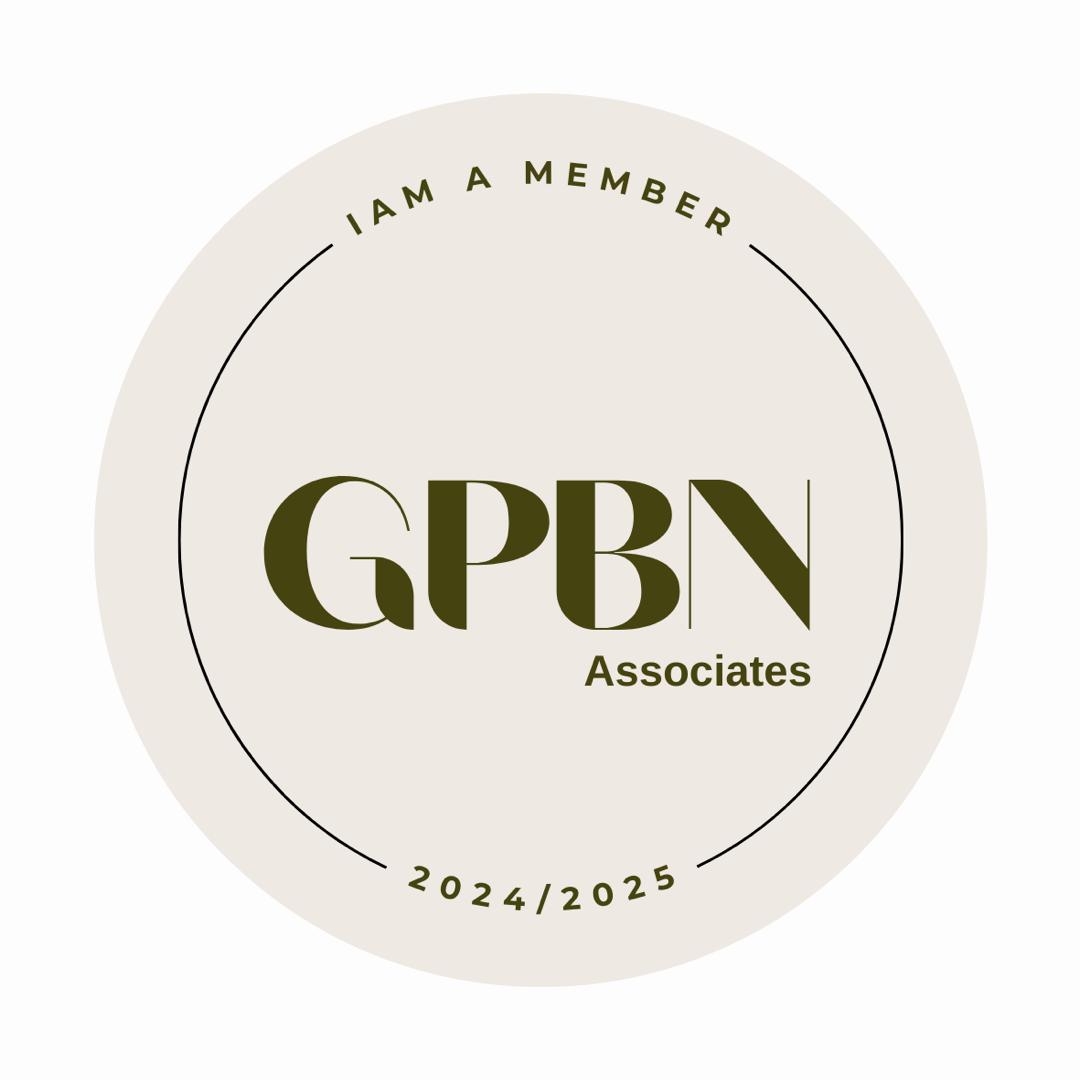First Bank Ghana has stated that its banking operations are not affected as it continues to address the recent decision by the Bank of Ghana to suspend its forex trading license for 30 days.
In a press release seen by Nairametrics, First Bank Ghana (trading as FBN Bank) stated clearly that they are actively working with the Bank of Ghana to promptly rectify the issues that led to the 30-day suspension of its foreign exchange trading license.
“We refer to the Bank of Ghana’s

Announcement of the 30-day suspension of our Foreign Exchange Trading Licence effective March 18, 2024, and would like to inform our valued customers and esteemed stakeholders that we are collaborating with the Bank of Ghana to rectify the identified trade-related concerns.”
What we know
Sources familiar with the matter have indicated that the issues pertain to foreign currency transactions that may not have adhered to the strict documentation standards required by the bank.
The Bank of Ghana is known for enforcing strict compliance in forex-related matters and often imposes severe penalties for violations that might be treated more leniently in markets like Nigeria.
The Bank of Ghana has maintained a fully floating exchange rate for several years while Nigeria just recently moved to a managed float exchange rate system.
First Bank Ghana operations are not affected
FBN Bank also confirmed that the suspension does not affect its regular operations, as it solely pertains to its forex activities.
“FBNBank wants to reassure its valued customers that when the suspension takes effect, the Bank’s other business segments and services will continue to be fully operational.
This includes branch operations, agent banking partners, and channels for seamless banking. We reaffirm our commitment to our customers and stakeholders and will continue to maintain the high ethical standards we are renowned for.”
Back Story
Nairametrics earlier reported that First Bank Ghana (operating as FBN Bank Ghana) got its forex trading license suspended for one month along with GTB Ghana.
According to the central bank, this measure is in strict accordance with section 11 (2) of the Foreign Exchange Act 2006, (Act 723), underscoring the Bank of Ghana’s commitment to maintaining the integrity and stability of the foreign exchange market.
The Bank of Ghana explained that the suspended licenses could be reinstated after the suspension period, contingent on GTB and FBNBank’s implementation of effective controls.
These controls must ensure rigorous adherence to foreign exchange market regulations, satisfying the central bank’s requirements for compliance.



































































